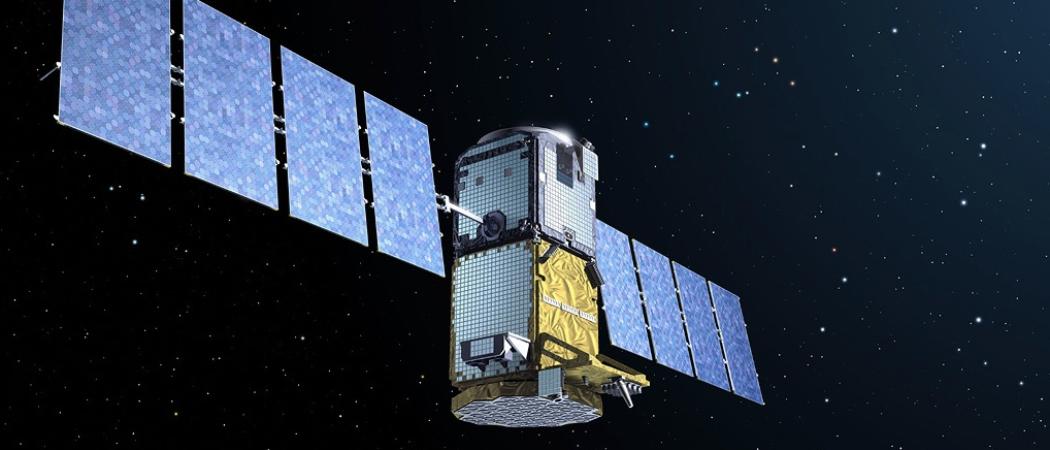As row over UK participation in the satnav system grows, Germany’s Christian Ehler says its involvement is “indispensable” for security

The UK is “indispensable” to the success of the EU’s Galileo satellite navigation system, and excluding the country after Brexit would be “another invitation for [Russian president] Vladimir Putin to question Europe's defence capabilities”, says German MEP Christian Ehler.
Despite the UK’s deep involvement in Galileo since the project’s start, future participation is at risk, leaving it looking at the possibility of establishing its own system.
The programme, which the EU is developing to rival the US Global Positioning System, prohibits sharing sensitive information with non-EU states.
Ahead of the UK’s exit from the EU in a year’s time, the European Commission has started excluding UK and its companies from the encrypted part of Galileo, which is needed by the military to guide missiles and plan operations. Already, a backup facility for receiving military-grade data from Galileo has been moved from the UK to Spain.
The standoff has worrying implications for the security of the continent, Ehler says in a statement published on Tuesday. The new system is of great strategic importance for Europe, which currently relies on two military-run rivals, America’s GPS and Russia's GLONASS.
“Aggressions from both sides seem rather absurd. Banning the UK would jeopardise the EU's and the UK's security system, and raise our dependence on the rather exotic security approach of the Trump administration,” Ehler says.
When fully functional in 2020 Galileo will be a network of 24 operational satellites, plus six spares orbiting the Earth to provide an advanced version of GPS.
In the UK, some politicians have come out strongly against the government’s proposal to launch a rival system, which would cost at least £5 billion.
“The UK has invested millions and now the [government is] saying [it] plans to start again from scratch with a "British" satellite network, at massive cost and over many decades,” UK MEP Theresa Griffin wrote on Twitter.





 A unique international forum for public research organisations and companies to connect their external engagement with strategic interests around their R&D system.
A unique international forum for public research organisations and companies to connect their external engagement with strategic interests around their R&D system.